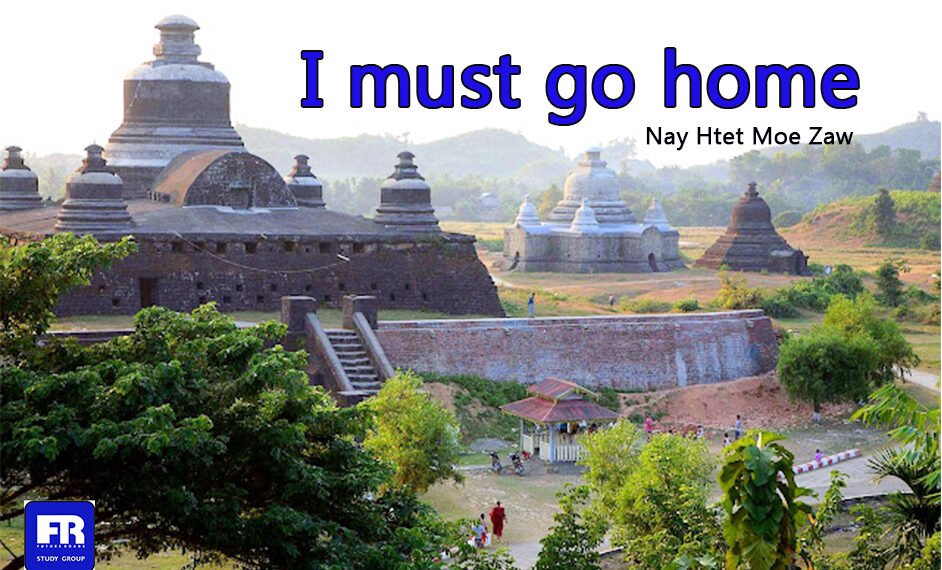Nay Htet Moe Zaw
I am going home. I already miss my little home. By now, the bamboo shoots that I like must be plentiful. I will cook and eat a big meal of fish head in my traditional way. I will play football with my sons on the Ngapali beach where there are no more cronies. I also want to visit the Mahamuni Buddha in Kyauktaw, where the SAC can no longer perform their rituals, more than once. I will take a deep breath of the free air on the Nan Rarkone hill in Mrauk-U, where the Rakhine flags are hoisted, until I get goosebumps. I am going home.
In fact, we are people who love the land. Like in Pe Myint’s novel “Hometown Lover”, we are the kind of people who think that even the red ants beetles in our Rakhine are more handsome. Even when we are outside of Rakhine Land, we are the kind of people who specially order Rakhine food from our home land. We are the kind of people who look for Rakhine restaurants wherever we go and eat there.
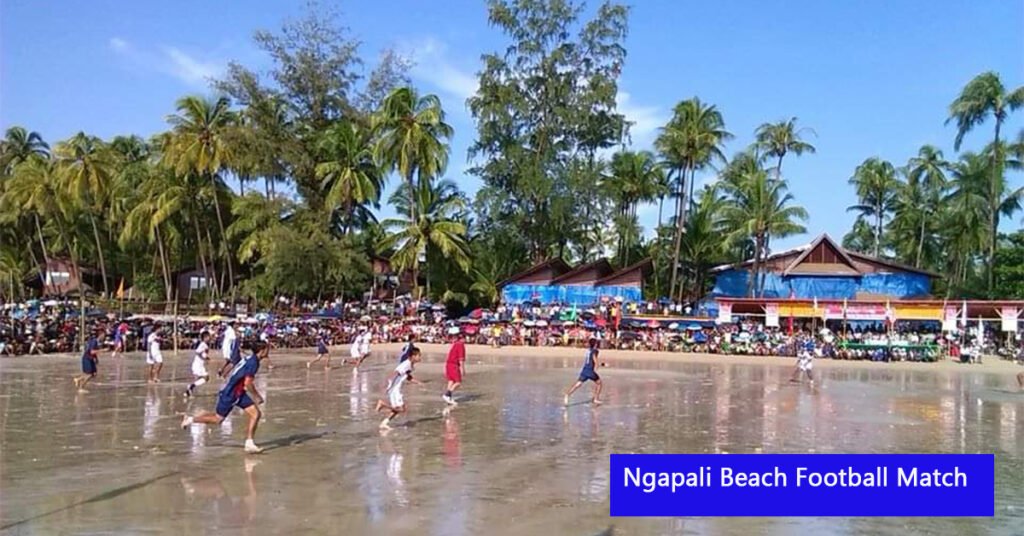
We left Rakhine land for various reasons, such as fear of being unjustly arrested, fear of being killed, and fear of being caught in the war. However, we did not abandon Rakhine land. We just came to avoid the war. Even if we lost our houses, it doesn’t matter. We still have land. We still have streams, mountains, and the vast sea. We have a dignified history. We have new generations who will continue the journey. We will have to rebuild our community ourselves.
For 240 years, we have been living in a low, hunched, and inferior manner under the oppressive rule of Burman chauvinism. Now, most of Rakhine land has returned to the hands of the Rakhine people. Since I was a child listening to ancient Rakhine history in my father’s arms, I have wanted an independent Rakhine land. Now that we’ve got our land, I cannot stay outside of Rakhine land. I will return to Rakhine.
Rakhine land is our land. Rakhine water is our water. On Rakhine land, we are free citizens. We will be able to sleep soundly without worrying about someone knocking on the door in the middle of the night. Outside of Rakhine land, we cannot breathe freely. They are unbelievable and always chop and change us. We have to live by looking at other people’s faces because we are staying in their house. Currently, even when we sit in a tea shop, we cannot speak freely in Rakhine language. Even when we are at home, we cannot relax. It is not our house. Jobs are also scarce. The commodity prices are also higher, and the confederates and informers of SAC are everywhere. We have to live with caution in our going, coming, eating, and sleeping.
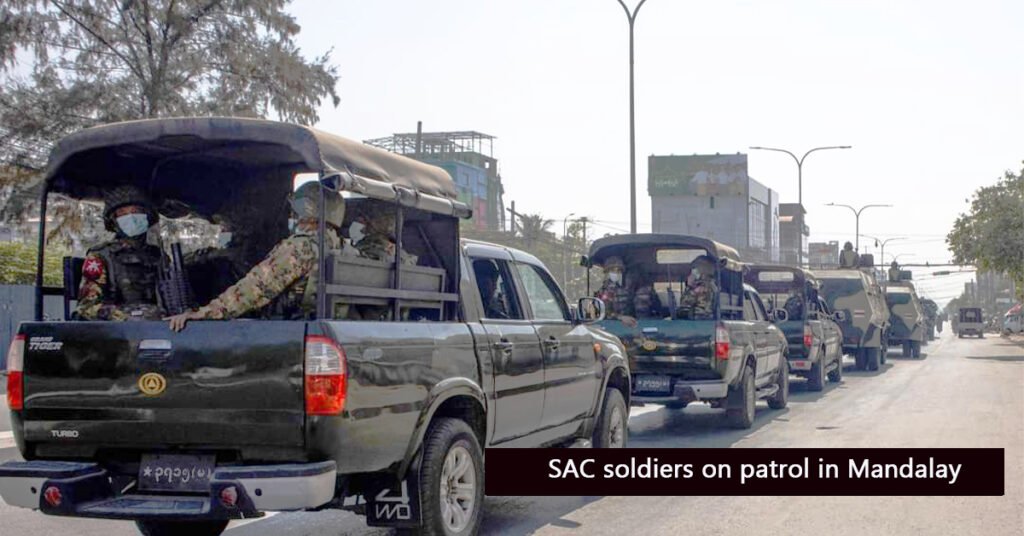
Some will say, what business is left in Rakhine? In fact, we must return because there is no more business. As I said before, we have land. We have water. We have sea. We have forests and mountains. We will do agriculture. We will do livestock farming. We will fish. We will move from this plot to that plot when this plot is bombed. Even Israel, which has poor water and land conditions, has been able to develop and prosper despite the dangers of the Arabs. Why can’t we, who have good water and land conditions, build our own economy?

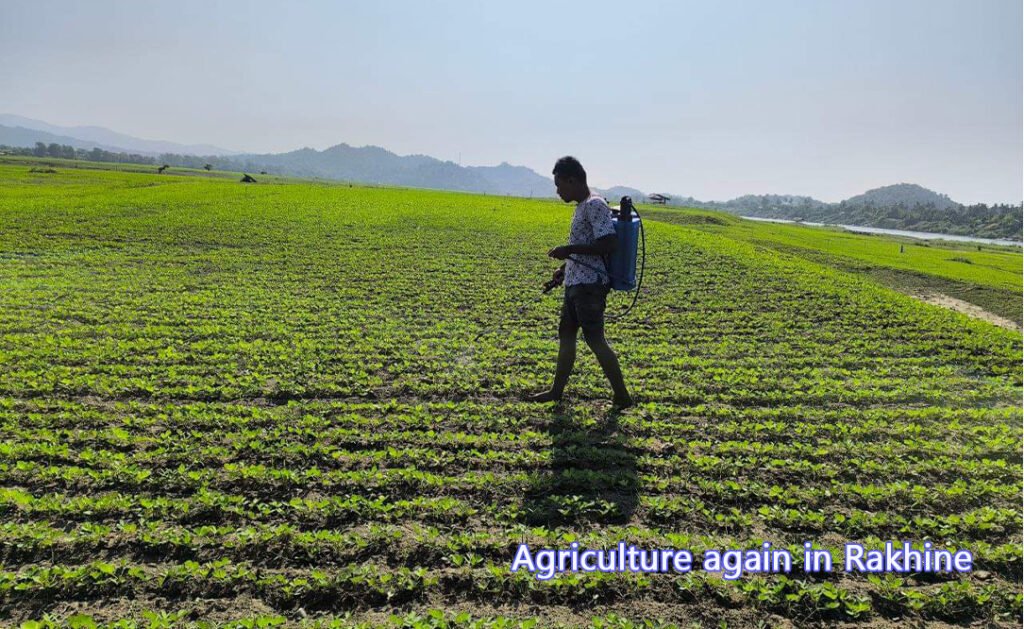
Some will say that they cannot return to Rakhine because of their children’s education. Some will complain that there is no education left in Rakhine. The education that existed was not international-level education. It was only a trial slave education system. There was a saying during the Vietnam Revolution Period: “Teach your neighbor one word you know.” US President Abraham Lincoln became a lawyer who learned to read and write in a log cabin. We will have to rebuild a modern and advanced education for our new generations ourselves.
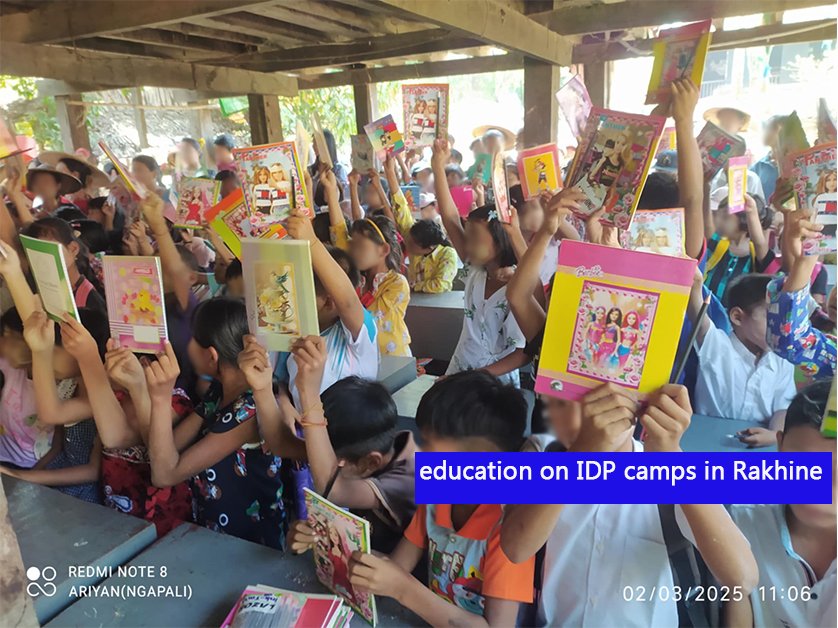
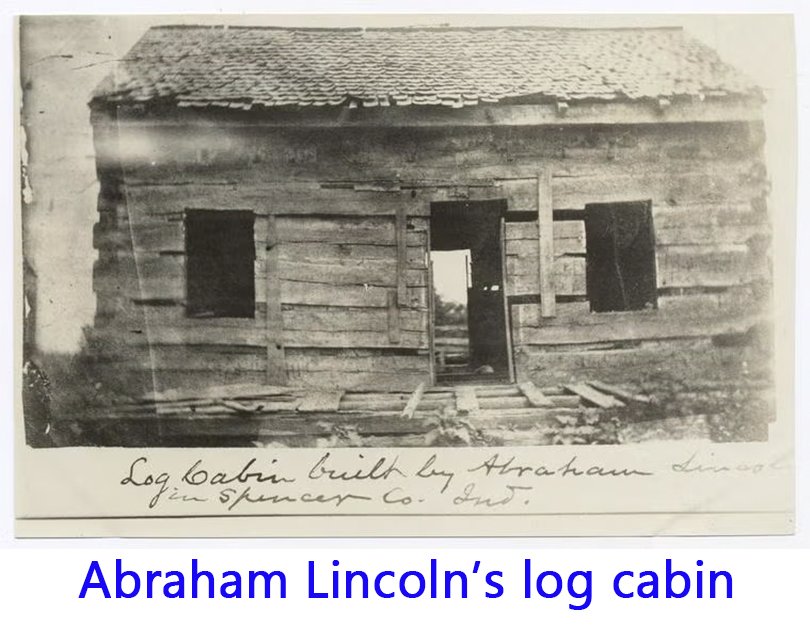
In terms of health care, successive Burman governments have not built any specialized hospitals in Rakhine. We always have to run to Yangon. For us who have become accustomed to the worst situations, there is not much to miss about losing the Burman health system in Rakhine land.
We will have to rebuild our Rakhine land with our own efforts. It was the French people who struggled and worked hard to create the French Republic through the French Revolution (1789-1799). It was also the American people who successively amended and built the constitution to make it better and better to create a free federal state through the American Revolution (1763-1783). It was also the Chinese people who strived to make China a powerful country by reforming and modernizing the concepts and ideas from the Long March of 1934 onwards.
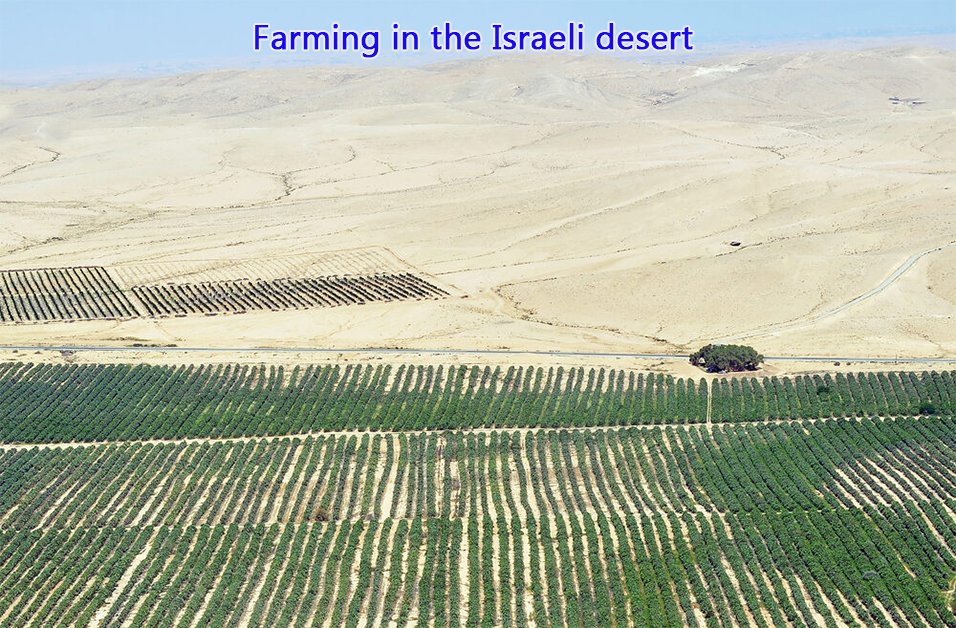
Israel, surrounded by enemies, and Germany and Japan, which were defeated in World War II, also struggled and sacrificed the first and second generations to reach their current state of development and prosperity. If we, as a generation that will have to endure hardship and poverty, are afraid and hesitant to sacrifice and let our children grow up dependent and attached to others outside of Rakhine land, will we be able to fulfill our historical responsibility? Will our children have the right to hold their heads high as free citizens of their father land?
Some may ask what the Arakan Army will do to help us return to Rakhine. When we left Rakhine, no one arranged it for us. In the novel Exodus, 16-year-old Josie and 14-year-old Jacob walked for 40 months to get from Russia to Palestine. They came to the land of Palestine because they were oppressed and abused too much for not having a country.
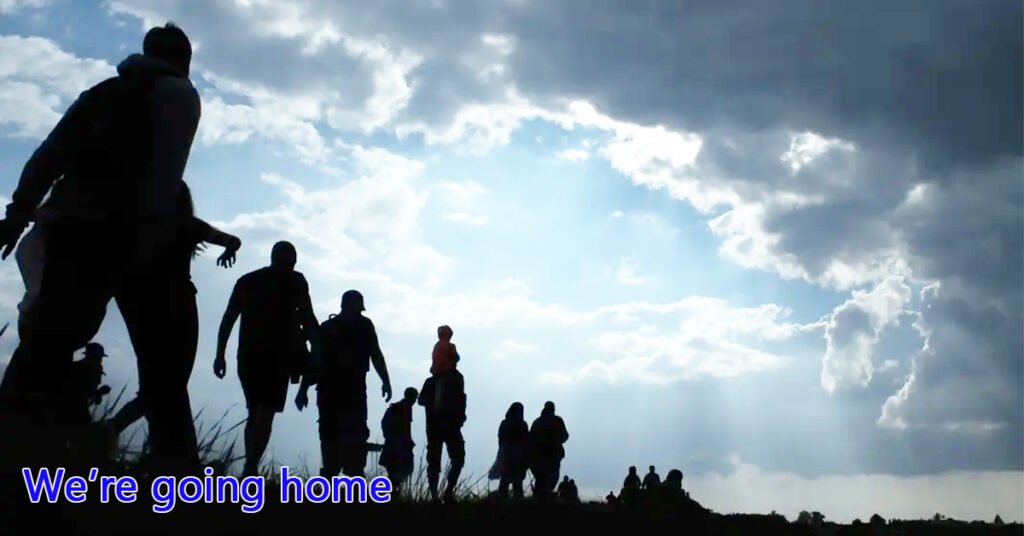
We, on the other hand, have our own land. We have sacrificed and are still sacrificing the blood of many young people of the new generation to regain our land. Will we hesitate and be afraid to defend and rebuild the land of our ancestors that we have regained with blood?
I cannot leave the human resources, economic resources, and future generations of Rakhine Land outside of it. Those who sacrificed blood have sacrificed it. I have registered myself as the first generation who will sacrifice sweat and endure hardship and poverty to rebuild Rakhine Land. I am excited and energized to salute the Rakhine flag on the independent land of Rakhine.
I am going home.
Nay Htet Moe Zaw
July 28, 2024
Credit to original photos uploaders

